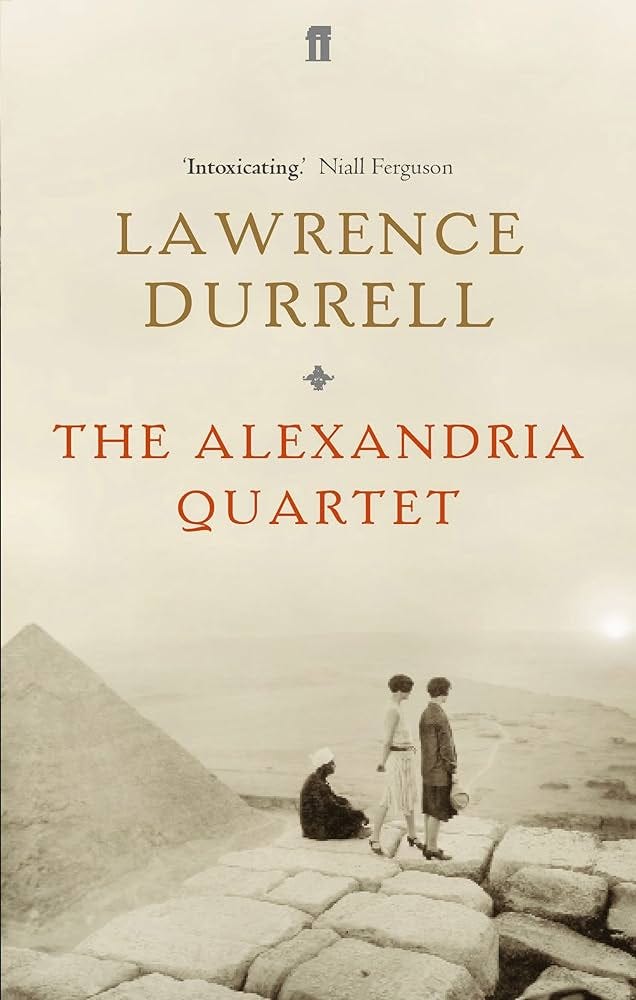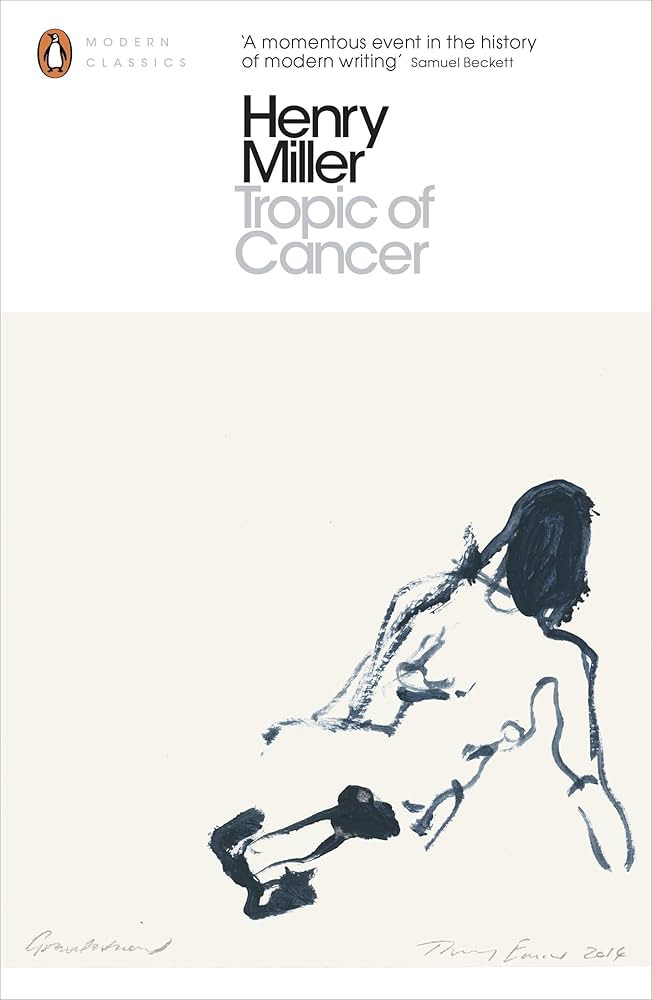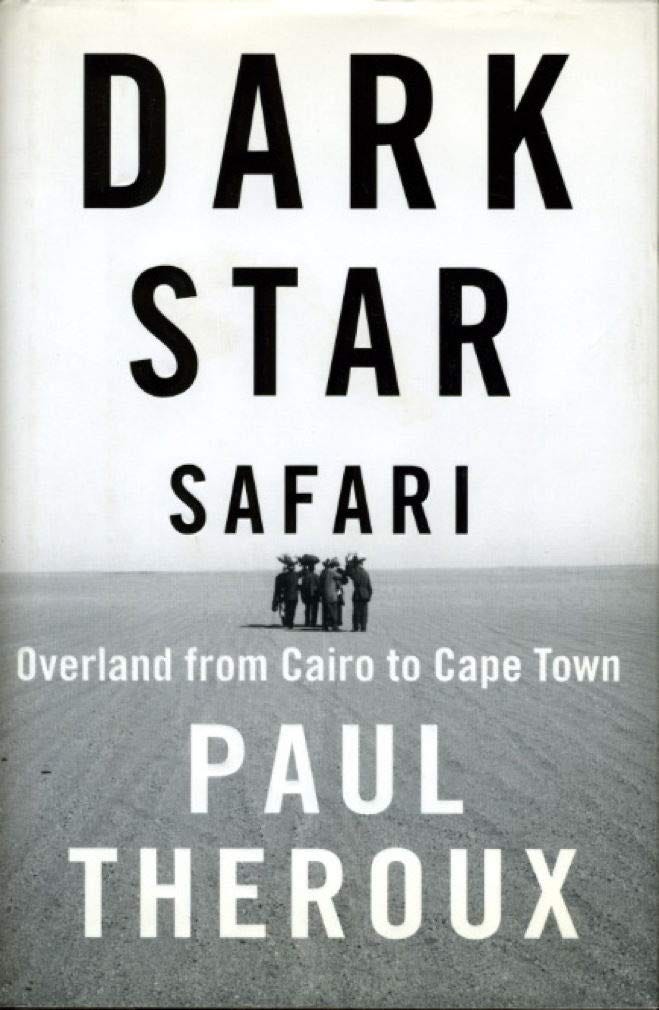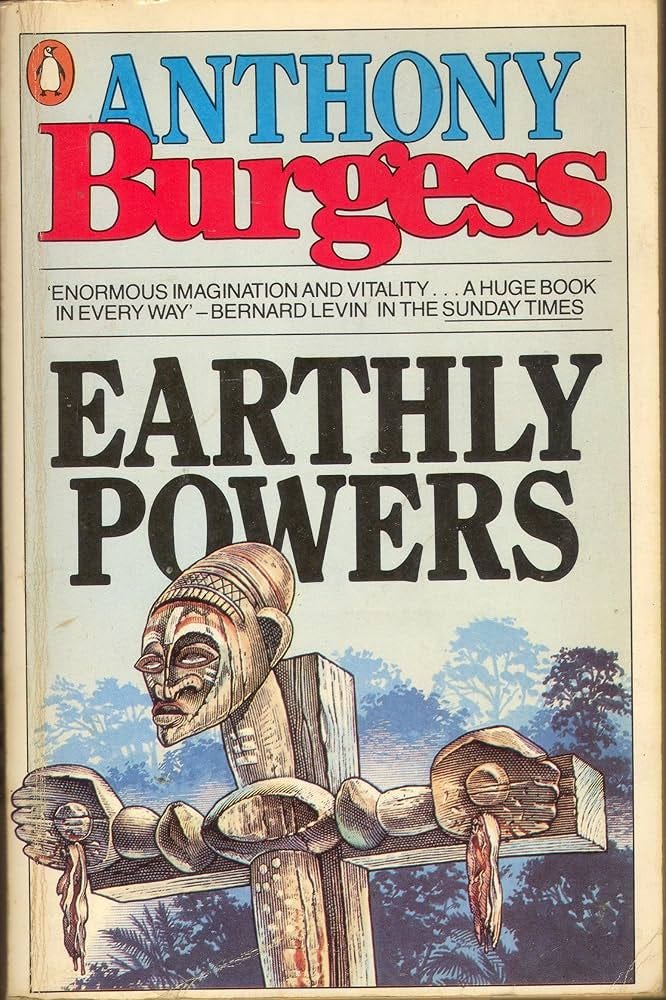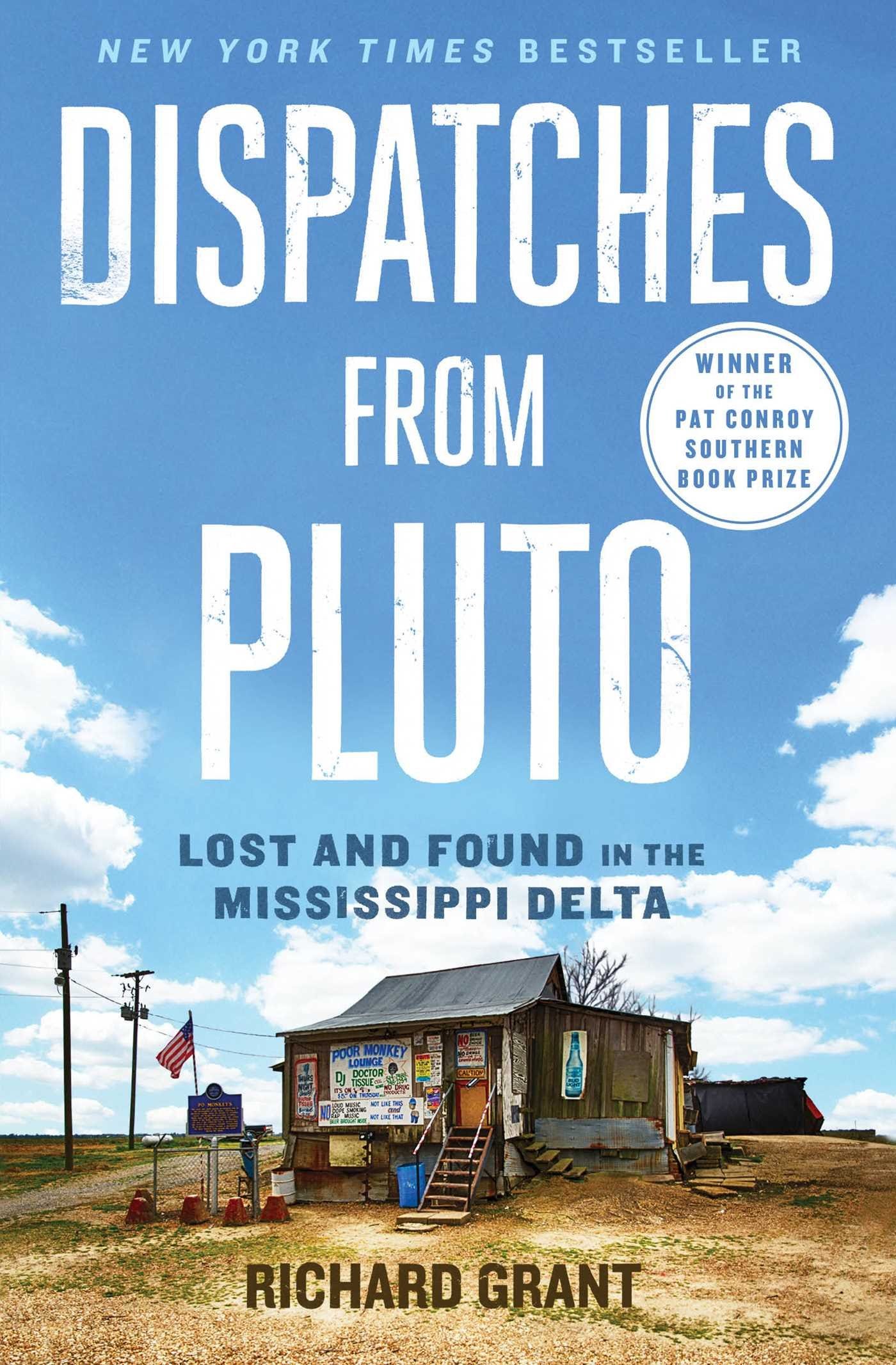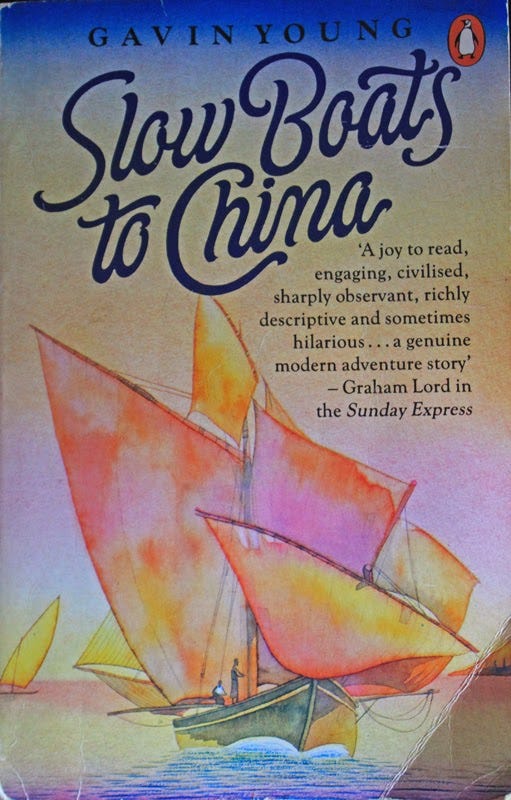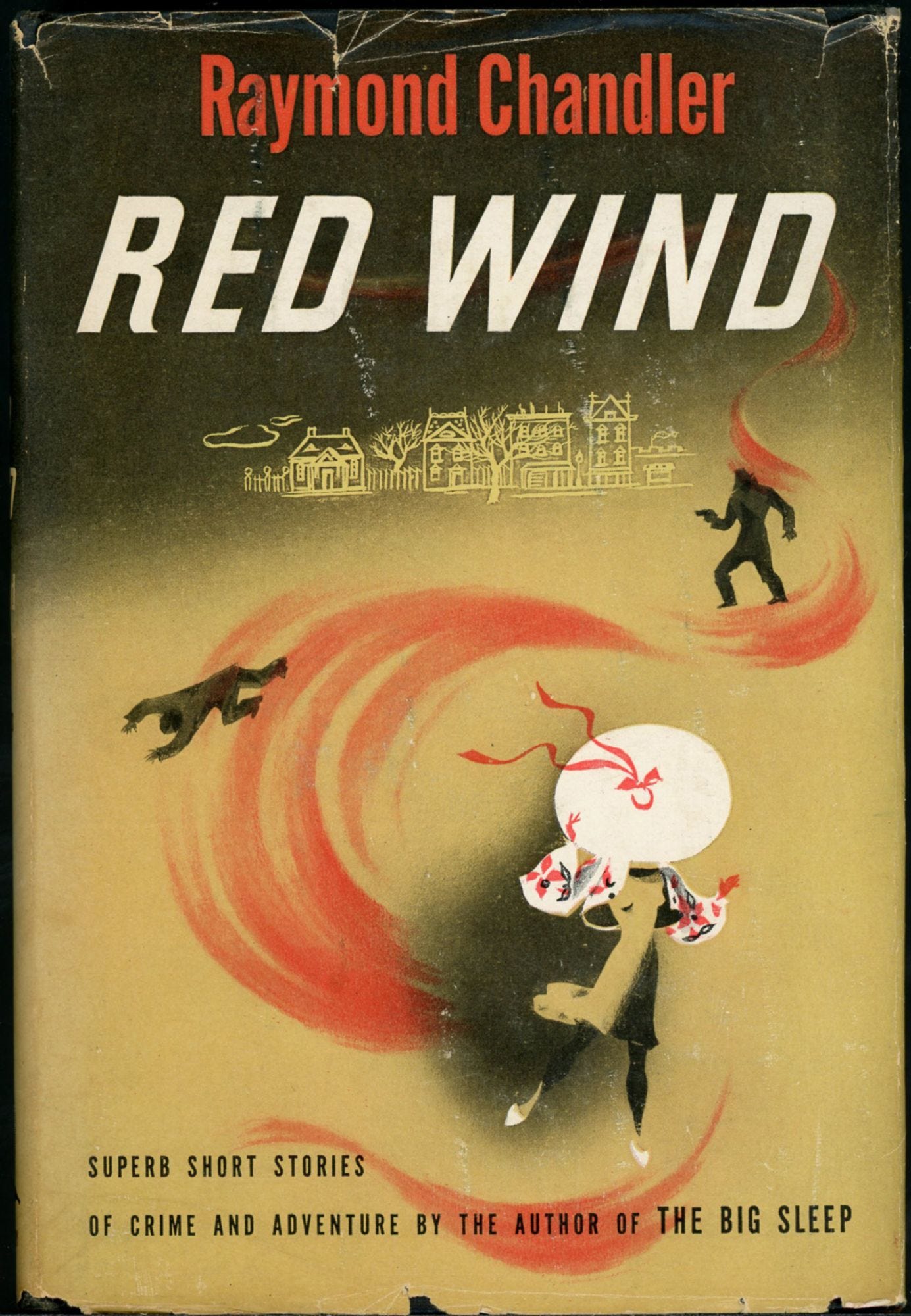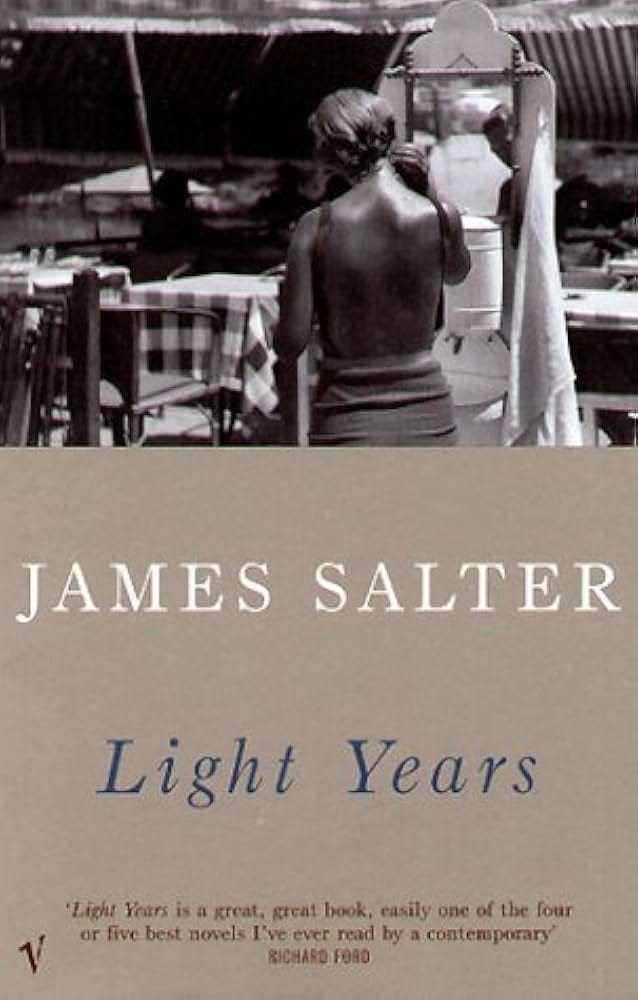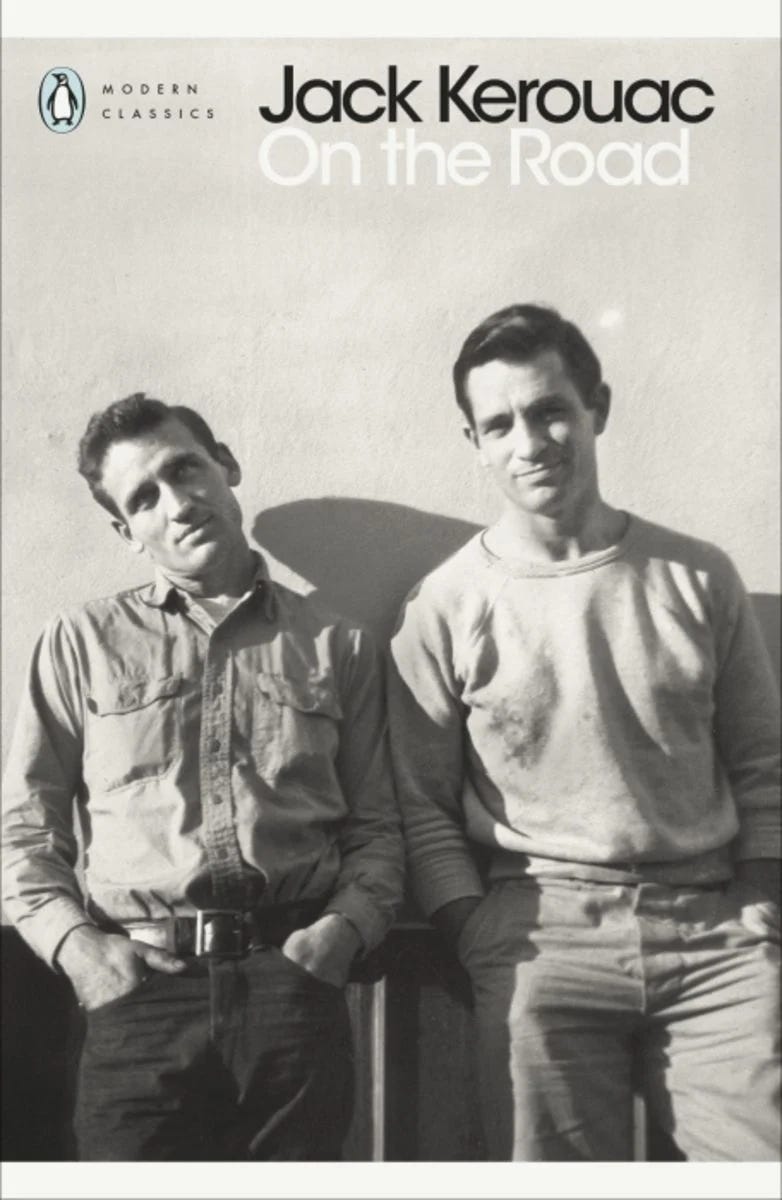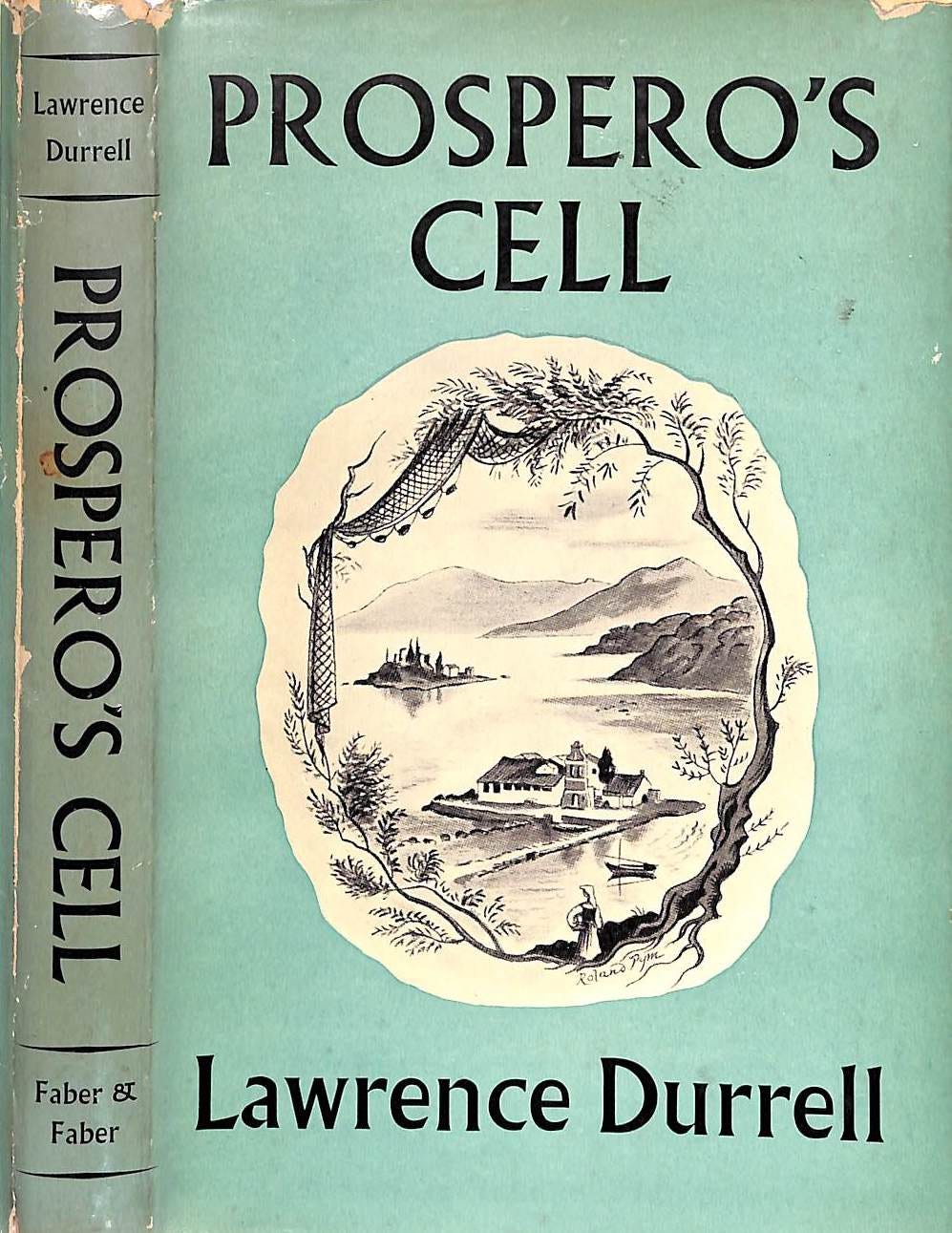The most helpful thing an editor ever taught me was how to write a lead that would hook a reader in a sentence or a paragraph and make it impossible to put my story down.
I’ve spent a lot of time studying opening lines in books about place to understand how the greats do it.
Here are ten of my favourites.
The Alexandria Quartet by Lawrence Durrell
The sea is high again today, with a thrilling flush of wind. In the midst of winter you can feel the inventions of spring. A sky of hot nude pearl until midday, crickets in sheltered places, and now the wind unpacking the great planes, ransacking the great planes….
I have escaped to this island with a few books and the child – Melissa’s child. I do not know why I use the word ‘escape’. The villagers say jokingly that only a sick man would choose such a remote place to rebuild. Well, then, I have come here to heal myself, if you like to put it that way….
I love the lyricism of Durrell’s prose, and the way he establishes the setting straight away. Why did he exile himself on this remote island? Who is Melissa? What’s their connection? And why does he have her child?
It’ll take you four novels to find out.
Tropic of Cancer by Henry Miller
I have no money, no resources, no hopes. I am the happiest man alive. A year ago, six months ago, I thought that I was an artist. I no longer think about it, I am. Everything that was literature has fallen from me. There are no more books to be written, thank God.
This then? This is not a book. This is libel, slander, defamation of character. This is not a book, in the ordinary sense of the word. No, this is a prolonged insult, a gob of spit in the face of Art, a kick in the pants to God, Man, Destiny, Time, Love, Beauty… what you will. I am going to sing for you, a little off key perhaps, but I will sing.
Miller’s prose crackles with energy, rage, purpose and a lust for life. His voice is unmistakeable.
This was a book unlike anything I’d ever read. I went on to read everything Miller published, in all its unevenness. Some of his best writing can be found in collections of letters.
Dark Star Safari by Paul Theroux
All the news out of Africa is bad. It made me want to go there, though not for the horror, the hot spots, the massacre-and-earthquake stories you read in the newspaper; I wanted the pleasure of being in Africa again.
He hooked me by the opening phrase. No surprise there, he’s a master of the compelling lead.
I also love the opening line of Ghost Train to the Eastern Star: “You think of travelers as bold, but our guilty secret is that travel is one of the laziest ways on earth of passing the time.”
I could write an entire article just on great Paul Theroux leads.
Earthly Powers by Anthony Burgess
It was the afternoon of my eighty-first birthday, and I was in bed with my catamite when Ali announced that the archbishop had come to see me.
This remarkable globetrotting novel opens in Malta. It encompasses the literary, moral and social history of the twentieth century, from the Great War to the rise of fascism in Italy and Germany, World War Two and post-colonial Africa, as told by its 81-year-old hero, the writer Kenneth Toomey.
He’s an unreliable narrator, and so Burgess inserted deliberate factual errors throughout as he plays on the margins of history using characters who never existed but might have. Fascinating in its exploration of moral issues, it’s also brutally funny. An absolute tour de force.
Dispatches From Pluto by Richard Grant
How to persuade Mariah to move from downtown Manhattan to an isolated farmhouse in the poorest county in Mississippi? It would mean giving up most of the things she enjoyed: gourmet food, interesting wines, yoga classes, art and photography exhibitions, her friends, shopping for clothes. Sixteen years younger than me, she was liberal, progressive, politically correct in her speech, and I was proposing to take her to the most right-wing state in the Bible Belt.
With an opening like that, how could anyone stop reading?
Thanks to a remarkable sequence of meetings and personal connections, Grant bought an old plantation house on a remote strip of land near the tiny community of Pluto. The local characters he befriends reminded me of the small town eccentrics I knew as a child, but it was the interdependent and often familial relationships between black and white that surprised me most. Racial relationships in the deep south were far more complicated and far more interesting than I’d ever imagined, and reading this book made me want to go there.
Slow Boats to China by Gavin Young
It was a simple idea: take a series of ships of many sizes and kinds; go where they lead for a few months; see what happens.
I love the whole premise of this trip. Limit yourself to one mode of transportation, and see how far you can get. You can guess from the title where Young’s journey took him. His follow up, Slow Boats Home, brought him full-circle.
Red Wind by Raymond Chandler
There was a desert wind blowing that night. It was one of those hot dry Santa Anas that come down through the mountain passes and curl your hair and make your nerves jump and your skin itch. On nights like that every booze party ends in a fight. Meek little wives feel the edge of the carving knife and study their husbands' necks. Anything can happen. You can even get a full glass of beer at a cocktail lounge.
Chandler sets the tone and tension right away, and makes you feel the heat. Hard-boiled writing at its best.
Light Years by James Salter
We dash the black river, its flats smooth as stone. Not a ship, not a dinghy, not one cry of white. The water lies broken, cracked from the wind. This great estuary is wide, endless. The river is brackish, blue with the cold. It passes beneath us blurring. The sea birds hang above it, they wheel, disappear. We flash the wide river, a dream of the past. The deeps fall behind, the bottom is paling the surface, we rush by the shallows, boats beached for winter, desolate piers. And on wings like the gulls, soar up, turn, look back. The day is white as paper. The windows are chilled. The quarries lie empty, the silver mine drowned. The Hudson is vast here, vast and unmoving. A dark country, a country of sturgeon and carp.
I love Salter’s rich, layered prose, and how he sets his scene, an unfashionable stretch of the Hudson River within commuter distance of New York.
Here’s his description of the old Victorian house his narrator lives in on the bank of that river: “The lights are on everywhere: a vast, illuminated house. Dead flies the size of beans lie behind the velvet curtains, the wallpaper has corner bulges, the window glass distorts. It is an aviary they live in, a honeycomb. The roofs are thick slate, the rooms are like shops. It gives off no sound, this house; in the darkness it is like a ship. Within, if one listens, there is everything: water, faint voices, the slow, measured rending of grain.”
On The Road by Jack Kerouac
I first met Dean not long after my wife and I split up. I had just gotten over a serious illness that I won't bother to talk about, except that it had something to do with the miserably weary split-up and my feeling that everything was dead. With the coming of Dean Moriarty began the part of my life you could call my life on the road.
Those opening lines — and that book — sent a generation out on the road, and influenced so many of us who came to travel decades later.
Prospero’s Cell by Lawrence Durrell
Somewhere between Calabria and Corfu the blue really begins.
I opened with Durrell, and I’ll end with Durrell. I read his first island book when I lived in a tiny room on the outskirts of Tokyo that was shaken by earthquakes and passing trucks. It made me want to move to the Mediterranean — and I did, ten years later, to write an island book of my own.
My leads don’t measure up to the ten I shared above, but I like to think I’ve gotten better at writing them over the last two decades.
I opened my most recent book — A Sunny Place for Shady People — with:
“I was visiting family in Canada when I got a late-evening text from my wife on October 16, 2017: “They killed Daphne with bomb.”
I found it hard to write that scene because I corresponded with Daphne before she was killed, and I wrote a few pieces for her website.
I drew on travel writing, anthropology, history and journalism to show why she was murdered for writing about high-level government corruption, and why the politicians linked to those cases remain untouchable. The roots of it all are deeply embedded in Maltese culture.
The examples in my top ten might look effortless, but leads take work. I spend as much time revising, rewriting and polishing the opening as I do editing the rest of an article.
If you want to master that skill, then studying these writers is a great place to start.


